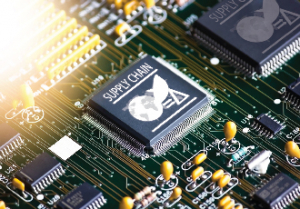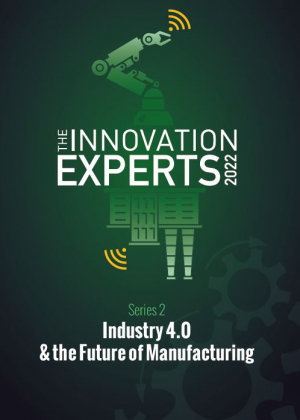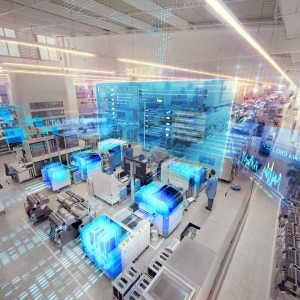Rethinking electrical and electronics supply chains

By most measures, the UK industrial sector has returned to an overall state of growth in recent months, following the downturn caused by the COVID-19 lockdown. However, it’s important that electronics and electrical businesses adapt their operations and supply chains based on what the events of 2020 so far have shown us. Here, Steve Hughes, Managing Director of REO UK, outlines some of the lessons to be learned from COVID-19 in relation to electrical supply chains and how REO has adapted.
According to IHS Markit’s Purchasing Managers Index (PMI), UK manufacturing has returned to growth since July 2020, albeit from a low base. The index measures whether a sector is contracting, expanding or stable, with anything above 50 implying a growth in demand and results lower than 50 highlighting contraction.
After stabilising in June following months of decline, the PMI reached 53.3 in July and further increased to 55.2 in August. As workers are slowly returning safely to the office and work in general, we can only hope that this is part of a sustained path back to driving output up.
However, it’s important for electronics and electrical engineering businesses to reflect on this as a further sign that diversification of supply chains and target markets, as well as adaptability in manufacturing sites, are more necessary now than ever.
COVID-19 has reminded electronics and electrical engineering businesses of the ever-relevant value of diversification to maintain customer demand. At REO, for example, the diverse nature of our product portfolio means that we have been able to continue to supply our REOMED products to companies manufacturing medical equipment and for those responsible for ensuring safety in hospital and care environments.
In addition, our range of REOVIB products used for food and pharmaceutical product production has rarely been busier as these markets have remained very active. Business for other products lines has been slower, there is no doubt about that, with sales of products that we supply to the automotive sector certainly being reduced. However, the diversification of our operations has safeguarded against the impact of that drop.
The reason why REO has been able to thrive in the past few months is in large part due to strategic planning inspired by the challenges faced by the electronics industry. In recent years, the power electronics and electrical engineering industries have been plagued with supply challenges.
In 2018, an electronic component shortage drastically increased lead times for many projects in the UK and reinforced the need for new planning strategies and flexible ordering systems. COVID-19 has reminded many electronics manufacturers of the need to run more flexible operations to allow for continued production despite unpredictable market conditions.
At the start of 2020, REO’s goals for production were reduced lead times and progress towards the challenging target of achieving 95 per cent of deliveries made in full and on time. Despite the challenging environment, we are well on course to achieving our aims. Throughout the pandemic, REO has not lost a day of production and now spreads its resources across multiple shifts where possible and many office staff are working remotely with great success.
Each of REO’s manufacturing sites have seen growth in 2020. Much of this growth has been attributed to customers rightly highlighting that their reliance on one supplier can be a risk factor that they want to avoid, especially brought into focus by the pandemic. Customers recognise that REO is well placed with five agile manufacturing sites in Germany and others in the US and India, allowing production can be moved around as and if circumstances change.
Improved production processes and effective use of planning and stock allocation has also helped, in addition to increased engagement with our own key suppliers and sub-contractors. These are hard-learned lessons for industry from the component shortage, and they continue to serve businesses well in a post-lockdown environment.
As UK manufacturing returns to normal levels post-lockdown, it's important that electronics and electrical engineering businesses consider their supply chains and how to make them more robust. This will be key to a sustained and overall beneficial recovery.
Similar articles
More from REO UK
- Extended electrical choke capabilities on show 27th April 2021
- Simulation testing ensures products are top quality 18th January 2021
- Addressing the threat of interference 12th October 2020
- Rethinking electrical and electronics supply chains 9th October 2020












Write a comment
No comments